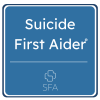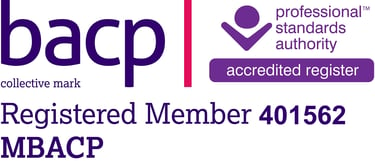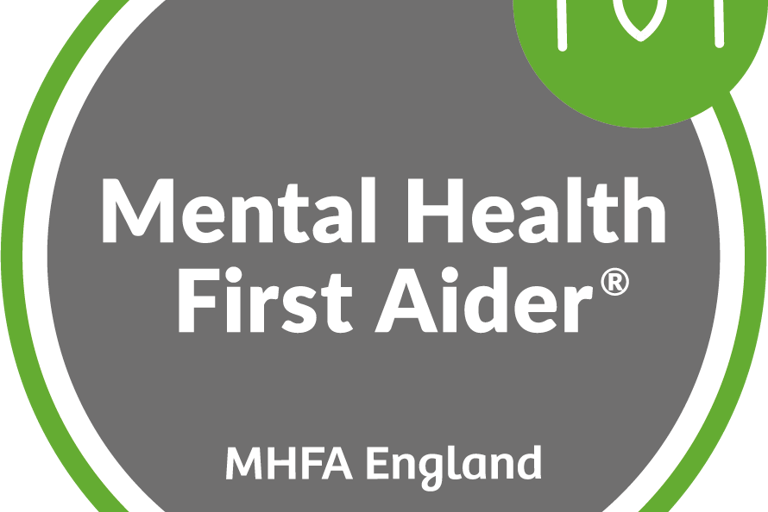The Power of Practicing Restraint: Think Before You Speak
8/17/20242 min read


Embracing Restraint in Our Daily Lives
In today's fast-paced world, it's easy to blurt out the first thing that comes to mind. However, Ruth Fishel's insightful advice reminds us of the importance of restraint: 'Today I do not need to say the first thing that comes into my head, or react to what others say about me. Today I can practice restraint of tongue and pen... think before I speak... and say kind things or nothing at all.'
This piece of wisdom encourages us to pause and consider the impact of our words. By thinking before we speak, we can foster more meaningful and compassionate communication, enhancing our relationships and creating a more positive environment.
The Benefits of Thinking Before You Speak
When we take a moment to reflect before responding, we allow ourselves to communicate more thoughtfully. This practice has several benefits:
1. Reduced Misunderstandings: Carefully choosing our words can help avert misconceptions and confusion. It allows us to express ourselves more accurately and effectively.
2. Enhanced Relationships: Thoughtful communication demonstrates respect and consideration for others, laying the foundation for stronger, more trusting relationships.
3. Less Regret: By pausing to think, we can avoid saying things we might later regret. This helps maintain our integrity and prevent unnecessary conflicts.
Practical Tips for Practicing Restraint
Incorporating the practice of restraint into our daily lives can be challenging but incredibly rewarding. Here are some practical tips to help you get started:
1. Take a Deep Breath: A simple deep breath can give you the pause you need to collect your thoughts before speaking or writing.
2. Count to Ten: Counting to ten in your head can provide the necessary time to process your thoughts and formulate a measured response.
3. Reflect on Your Intentions: Consider why you want to say what you're about to say. Is it helpful? Is it kind? Reflecting on your intentions can guide you to communicate more mindfully.
4. Practice Active Listening: Engage fully with what the other person is saying before formulating your response. This ensures your reply is relevant and considerate.
5. Write It Down: If you're unsure whether to speak, try writing down your thoughts first. This can help you organize your ideas and decide if they are worth sharing.
Conclusion: The Ripple Effect of Kindness
Practicing restraint in our communication can have a profound impact on our lives and those around us. By thinking before we speak, we can contribute to a more understanding and compassionate world. Ruth Fishel's advice serves as a gentle reminder that our words hold power, and choosing them wisely can lead to greater harmony and connection.
So, next time you feel the urge to react impulsively, take a moment to pause, breathe, and reflect. Your words matter—make them count.






